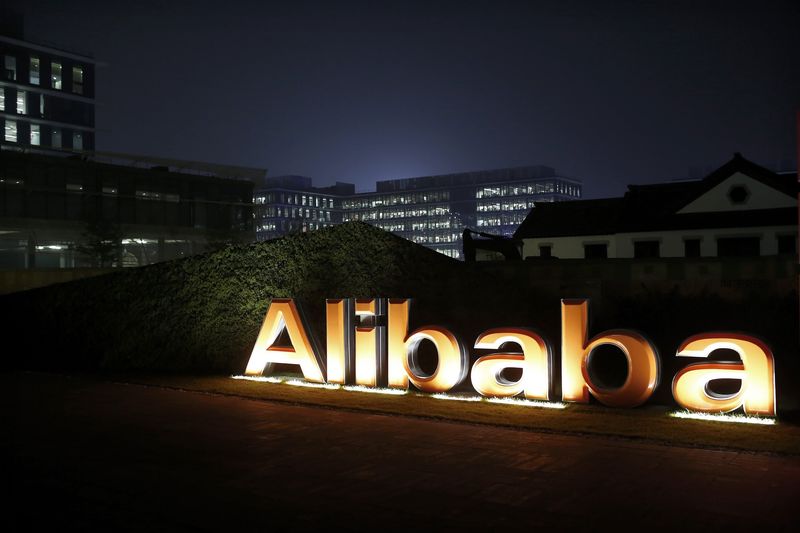Alibaba (NYSE: NYSE:BABA), the Chinese e-commerce and cloud giant, has seen a significant decrease in its stock price, from a peak of $317.14 on October 27, 2020, to approximately $83 per share today. This decline is attributed to China's antitrust crackdown on Alibaba's main operations, economic deceleration in China, and ongoing threats of delisting for U.S.-listed Chinese entities. The combination of these factors has sparked debates among investors about the strategic value of Alibaba's stock.
Despite these challenges, Alibaba's financial performance in fiscal 2024 is showing signs of improvement. In Q1, the company reported a 14% year-over-year revenue increase, a notable acceleration from its previous growth rate. Analysts are predicting an 11% rise in revenue for the full year and a 77% increase in net income.
The company's dominance in China's e-commerce and cloud sectors is also noteworthy. Alibaba's Taobao and Tmall platforms hold over half of China's e-commerce market, while Alibaba Cloud commands 39% of the country's cloud infrastructure market, according to the International Trade Commission. McKinsey forecasts substantial growth for both these sectors; an 11% compound annual growth rate (CAGR) for the e-commerce market from 2023 to 2028 and nearly a 30% CAGR for the public cloud services market from 2021 through 2025.
In response to regulatory pressures, Alibaba has undertaken restructuring into six new business groups: Taobao and Tmall, Alibaba International Digital Commerce, Cloud Intelligence, Cainiao Smart Logistics, Local Services, and Digital Media and Entertainment. The aim is to potentially appease regulators while allowing each division to grow independently.
However, concerns persist. The growth of Alibaba's Taobao and Tmall platforms is slower than that of its competitor, Pinduoduo (NASDAQ:PDD), and most of Alibaba's e-commerce growth is driven by its overseas marketplaces. The recent departure of CEO Daniel Zhang, who had led the company since 2015, also raises questions about the company's future.
This article was generated with the support of AI and reviewed by an editor. For more information see our T&C.
